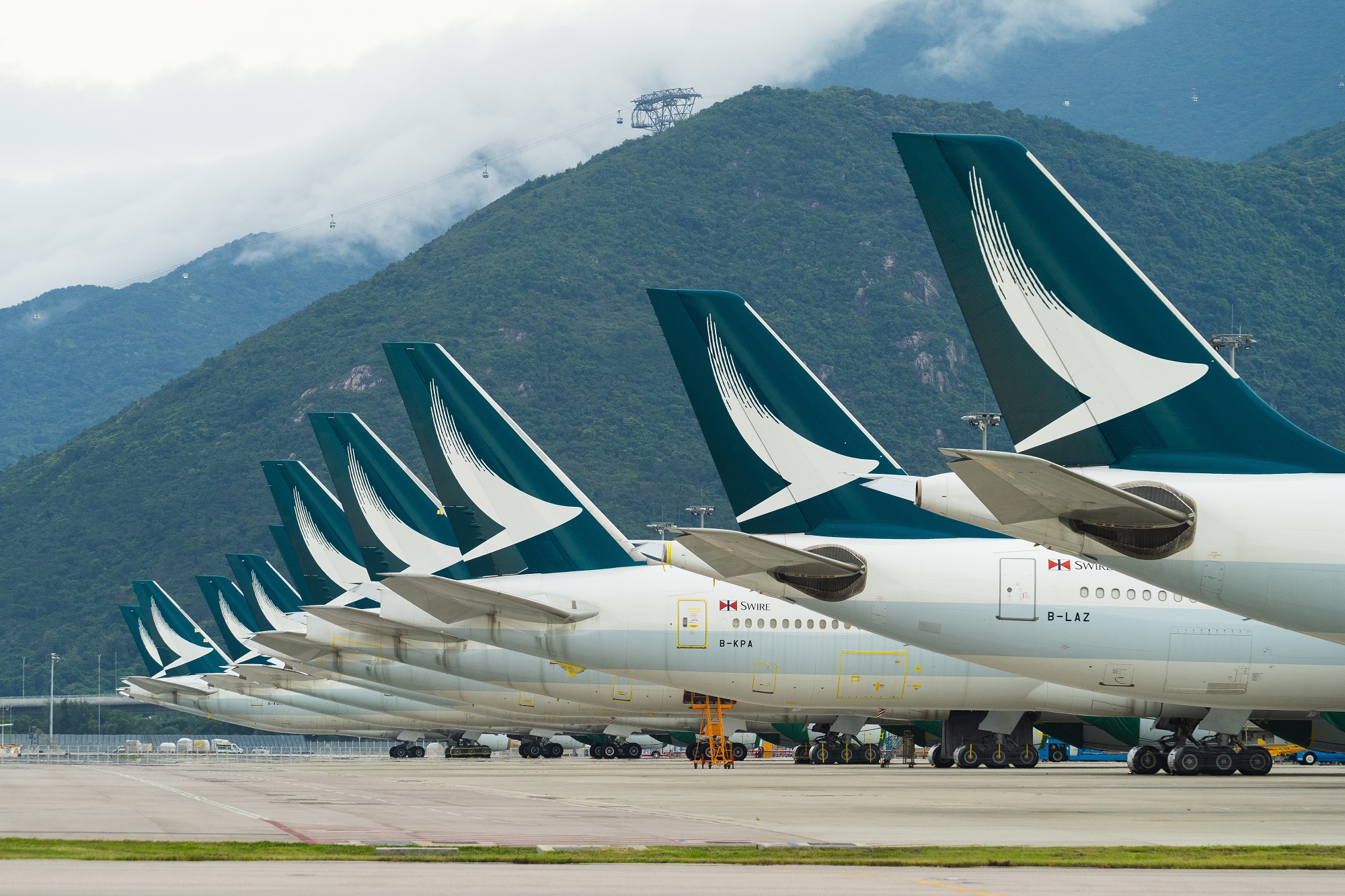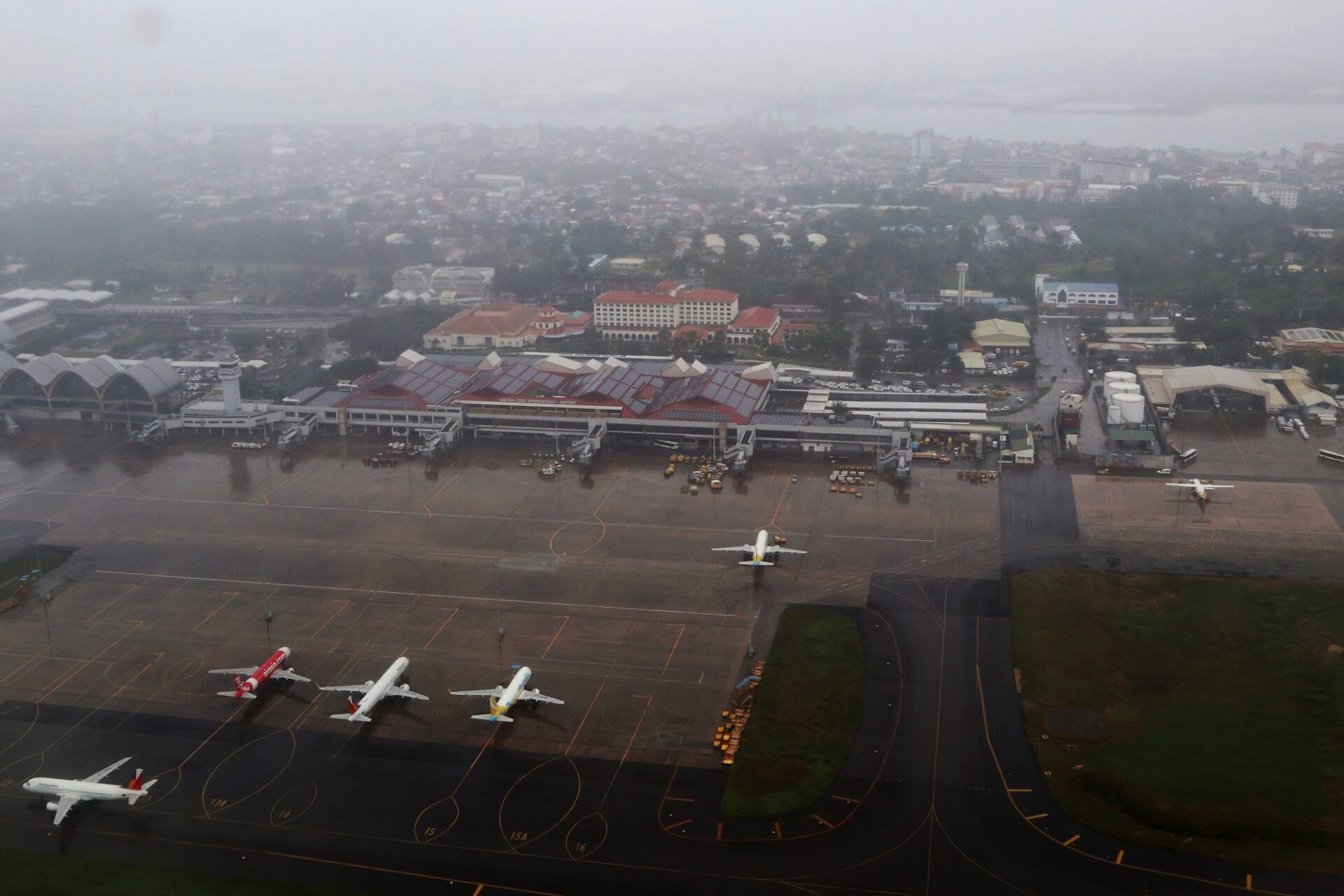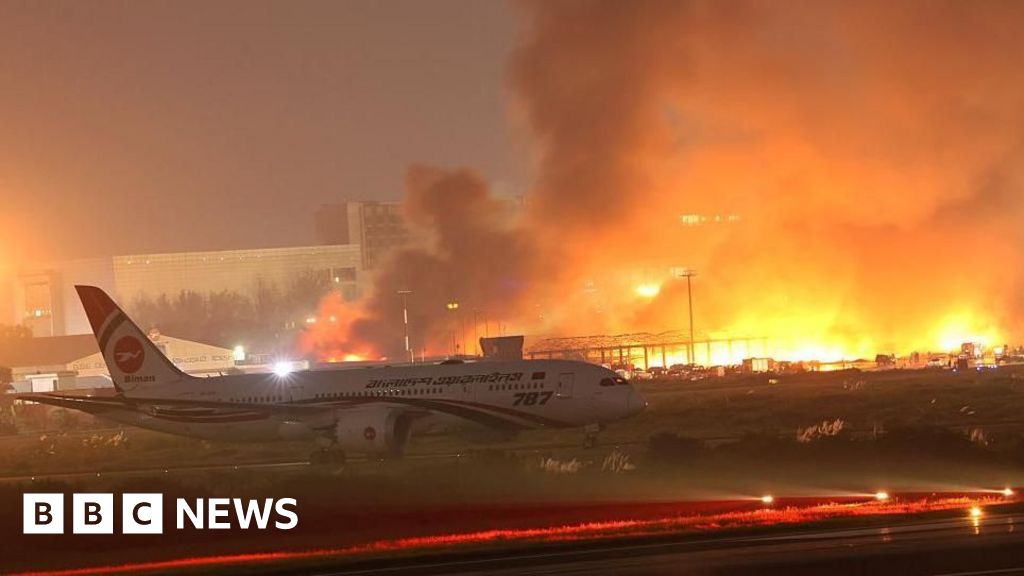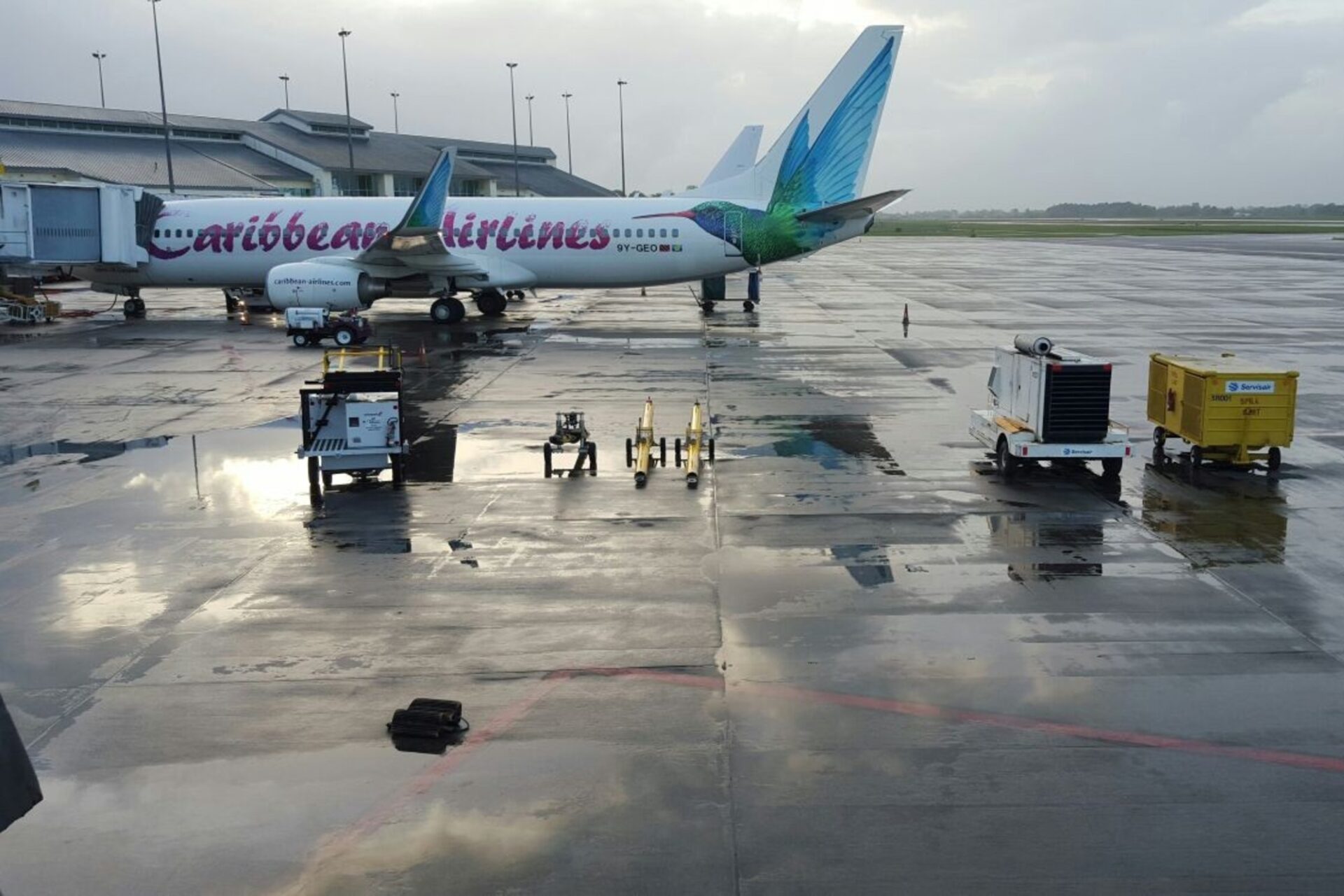Business aviation organizations are assessing the needs of the island and sending supplies after Hurricane Melissa smacked Jamaica with a Category 5 storm, one of the strongest hurricanes on record, leaving most of the country without power and communications and a trail of destruction.
Samaritan’s Purse, an international Christian relief organization, has deployed a Disaster Assistance Response Team (DART) to Jamaica along with more than 38,000 lb. of relief supplies.
On Oct. 30, the group airlifted emergency supplies onboard a
Boeing B757 cargo plane in Greensboro, North Carolina, along with a response team. On Oct. 31, it plans to deploy a second relief flight using a DC-8. The aircraft are bringing community water filtration systems, household water filters, solar lights and other items. The teams will begin distributing supplies upon arrival as they assess ongoing needs, the organization tells Aviation Week Network.
Air charter provider Chapman Freeman has mobilized its Aviation Emergency Services team, which is ready to support emergency evacuations, first responder transport and humanitarian aid deliveries to areas impacted by Hurricane Melissa.
It has contracted with an array of aircraft from small regional jets to airliners and larger helicopters for in-country surveillance, the company said. It also has access to Short Take-Off and Landing (STOL) aircraft and helicopters to reach remote or inaccessible area where conventional runways may be damaged.
“Chapman Freeborn is able to mobilize aircraft and crew within hours or, in extreme cases—within 60 min. or less,” said Aniko Mersek, Chapman Freeman senior vice president of sales for the Americas. “This is made possible by leveraging the company’s long-standing 24/7 network of partner airlines and suppliers.”
Operation Airdrop, a not-for-profit group that mobilizes private and corporate pilots and others to deliver emergency aid following a disaster, is working out a plan on how best to deliver supplies there, said Russ Keith, executive director. That will unfold in the next couple of days.
“We have boots on the ground evaluating the need so we can fill it,” Keith said.
Jamaica “is going to be a little interesting,” he said. “You have to have a permit to come in with anybody or anything.” To that end, one must connect with a local church or organization already established on the island.
“We have connections to several, so we’re on the list,” Keith said. Without an invitation, the government of Jamaica will not allow them in. It also must obtain permission to fly over Cuba. Without it, flight time to the island will double.
Keith is currently in conversations with several charter operators and corporate flight departments. A couple of airlines have expressed interest in helping as well, he said.
Jamaica is in “bad shape,” Keith said. The need will be great.
“It’s going to be an expensive operation,” he said. “We’ll be buying a lot of supplies; we’ll need generators and chainsaws.”
Once information is in place, the organization can respond quickly, he said. “And our aviation community responds in a big way.”
Charlie Valera, AERObridge vice president of media relations and field director for emergency services who is also a pilot, said Oct. 29, that the organization did not yet have enough intel to make firm decisions on how best to assist.
From Fort Lauderdale, Florida, Jamaica is a 1,000 nm round trip. “It’s tough unless you have a cargo airplane,” Valera said. The state of Jamaica’s airports and airstrips plus the availability of fuel is a concern.
Signature Aviation operates a fixed base operation at Sangster International Airport in Montego Bay and is monitoring the situation.
“The safety of our team members remains our top priority as we work to confirm their well-being and assess the impact of Hurricane Melissa on our FBO at Montego Bay,” the company said in a statement. “Our thoughts are with everyone in Jamaica impacted by this devastating storm.”
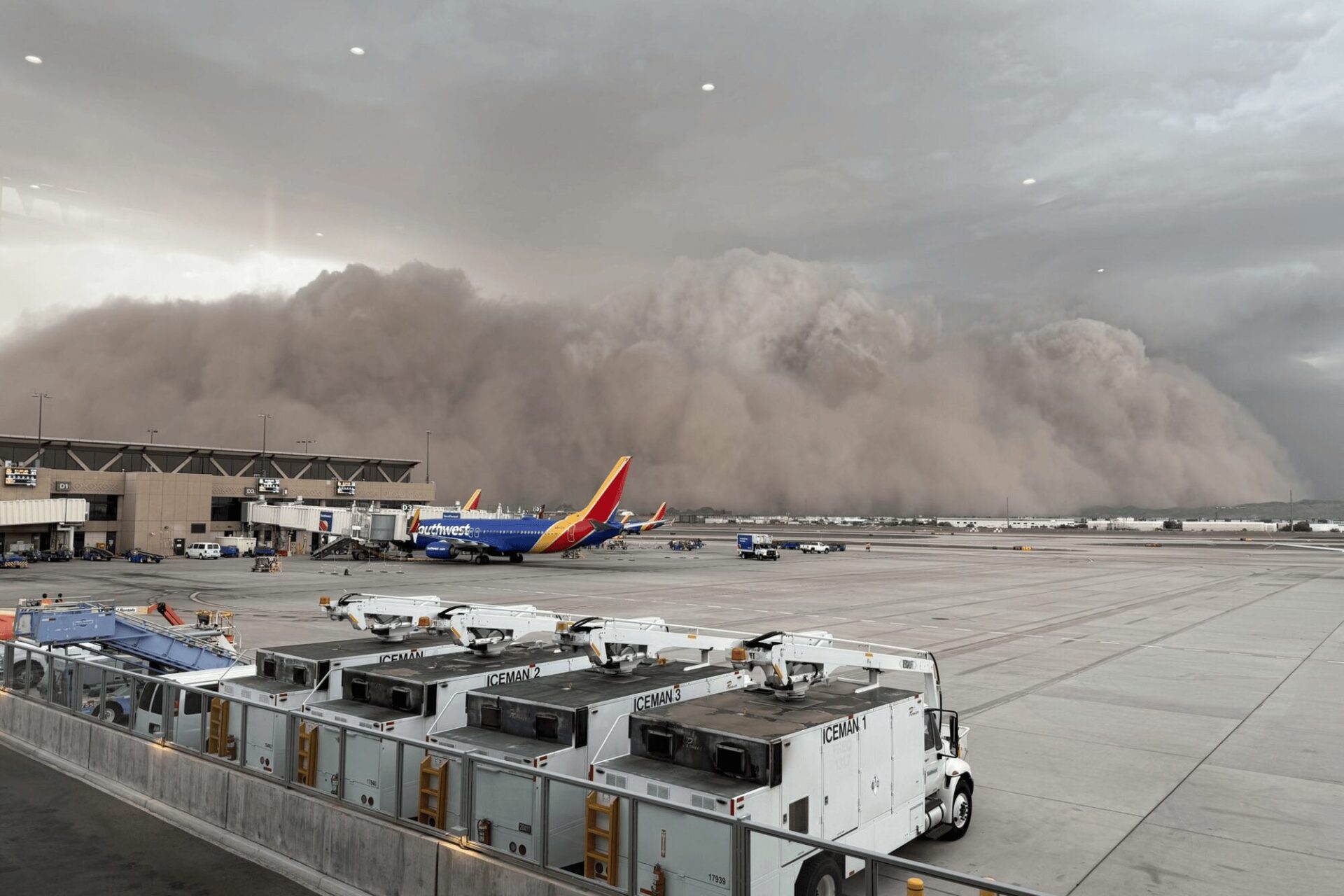
 www.aerotime.aero
www.aerotime.aero

 www.aerotime.aero
www.aerotime.aero
